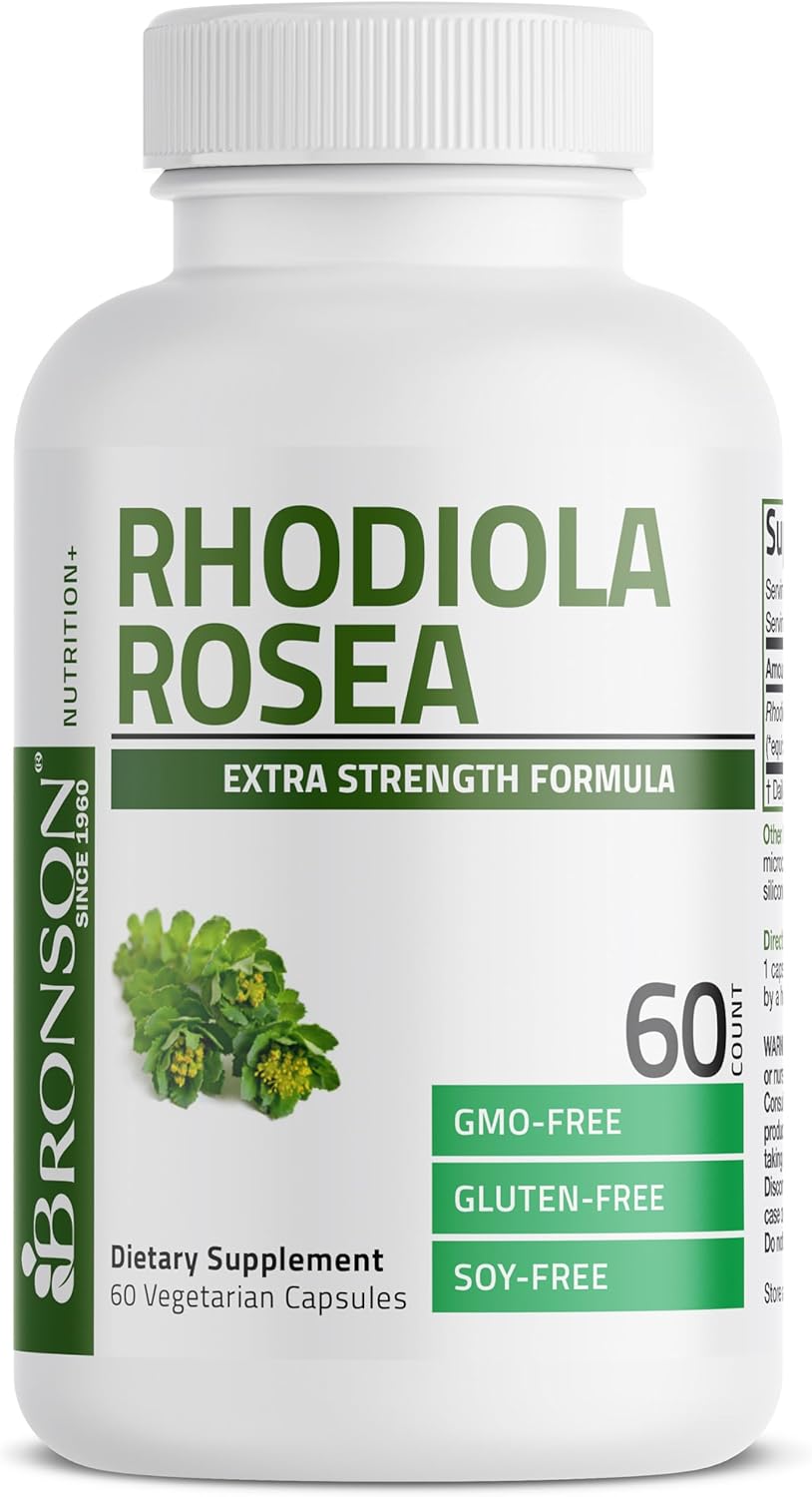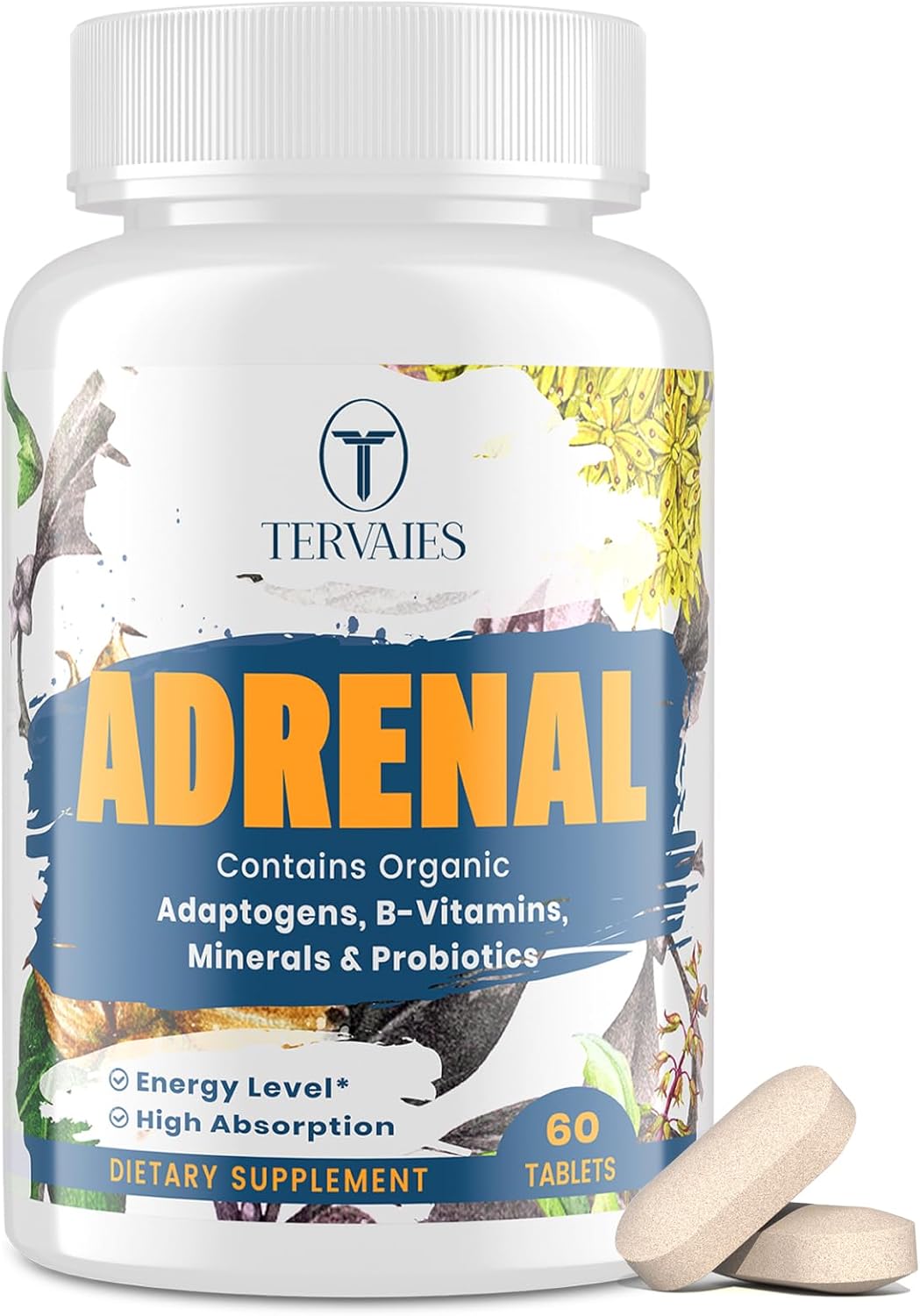When it comes to maintaining and enhancing cognitive function, the foods we choose to consume play a crucial role. A balanced diet packed with nutrient-rich ingredients not only nourishes the body but also fuels the brain. In this article, we will explore the top foods that support brain health and memory, helping you sharpen your cognitive skills in a delicious way!
Why Nutrition Matters for Brain Health
The brain is a complex organ that requires a variety of nutrients to function optimally. Omega-3 fatty acids, antioxidants, vitamins, and minerals are essential for maintaining a healthy brain. Diets rich in these nutrients have been linked to improved memory, focus, and overall cognitive function. Let’s delve into some of the most significant foods for brain health.
1. Fatty Fish
Fatty fish like salmon, mackerel, and sardines are rich in omega-3 fatty acids, specifically EPA and DHA. These essential fats are vital for brain health, as they contribute to the structure of brain cells and support neurogenesis—the process of creating new neurons.
- Benefits: Improved mood, enhanced memory, reduced risk of Alzheimer’s disease.
- Serving Suggestions: Grill salmon with lemon and herbs or add mackerel to salads for a nutritious boost.
2. Blueberries
Blueberries are not only delicious but also packed with antioxidants, particularly flavonoids, that improve communication between brain cells. Studies show that these little berries can enhance memory and slow age-related cognitive decline.
- Benefits: Prevent short-term memory loss and improve overall cognitive function.
- Serving Suggestions: Add them to smoothies, yogurt, or oatmeal for a tasty breakfast.
3. Turmeric
This vibrant yellow spice contains curcumin, a compound with anti-inflammatory properties that can boost brain function and may help grow new brain cells. Turmeric has also been linked to improvements in mood and memory.
- Benefits: Reduces the risk of neurodegenerative diseases and enhances memory.
- Serving Suggestions: Use turmeric in soups, stir-fries, or even golden milk for a comforting drink.
4. Broccoli
Broccoli is a powerhouse of antioxidants and vitamin K, which is known to support cognitive function and enhance memory. This cruciferous vegetable also contains compounds that have anti-inflammatory effects, helping to protect the brain.
- Benefits: Supports cognitive enhancement and protects against oxidative stress.
- Serving Suggestions: Steam broccoli as a side dish or add it to salads and stir-fries.
5. Pumpkin Seeds
Pumpkin seeds are loaded with magnesium, iron, zinc, and copper, essential minerals for brain health. These nutrients play a role in improving mood, promoting concentration, and protecting against cognitive decline.
- Benefits: Enhances memory and supports neurological function.
- Serving Suggestions: Snack on roasted pumpkin seeds or toss them into salads or granola.
6. Dark Chocolate
Yes, you read that right! Dark chocolate, particularly varieties with over 70% cocoa, is rich in flavonoids, caffeine, and antioxidants. These components can enhance focus, memory, and overall brain function.
- Benefits: Improves blood flow to the brain and boosts cognitive performance.
- Serving Suggestions: Enjoy a square of dark chocolate as a treat or melt it into warm beverages.
7. Nuts
Nuts, especially walnuts, are excellent sources of healthy fats, antioxidants, and vitamin E. Studies suggest that regular nut consumption can support brain health and protect against cognitive decline, particularly as we age.
- Benefits: Improves memory and reduces age-related cognitive decline.
- Serving Suggestions: Enjoy a handful of mixed nuts as a snack or add them to salads and baked goods.
8. Oranges
Oranges are an excellent source of vitamin C, which is crucial for preventing cognitive decline. This vitamin is known for its role in protecting against age-related mental deterioration and boosting overall brain health.
- Benefits: Protects against age-related cognitive decline and enhances mood.
- Serving Suggestions: Enjoy oranges fresh, as juice, or in a fruit salad.
9. Eggs
Eggs are packed with essential nutrients, including B vitamins, folate, and choline, which is vital for memory and mood regulation. Studies suggest that choline can enhance memory and cognitive function.
- Benefits: Supports brain health and enhances mood.
- Serving Suggestions: Boil, scramble, or make an omelette for a nutritious breakfast.
10. Green Tea
Green tea is often celebrated for its numerous health benefits, including improved brain function. It contains both caffeine and L-theanine, which can enhance memory, mood, and focus.
- Benefits: Boosts brain function and reduces anxiety.
- Serving Suggestions: Brew a cup of green tea for a calming beverage or use it as a base for smoothies.
Conclusion
Incorporating these brain-boosting foods into your diet can have a significant impact on your cognitive health and memory. Not only are they nutritious, but they also support various aspects of brain function, from cell health to overall mood enhancement. Remember, a well-balanced diet, combined with regular exercise and mental stimulation, is key to maintaining a healthy brain throughout your life.
FAQs
1. Can certain foods really improve memory?
Yes! Foods rich in omega-3 fatty acids, antioxidants, and essential nutrients can enhance memory and overall cognitive function.
2. How often should I eat these foods?
For optimal brain health, aim to include a variety of these foods in your diet regularly, ideally daily or several times a week.
3. Are there any foods I should avoid for better brain health?
Processed foods, excess sugar, and trans fats can negatively impact brain function. It’s best to limit these in your diet.
4. Can hydration also affect brain health?
Absolutely! Staying hydrated is crucial for maintaining optimal brain function, as dehydration can impair cognitive abilities.
5. Is it too late to start eating healthy for brain health?
It’s never too late to start. Adopting a healthy diet can have a positive impact on your brain function at any age.





